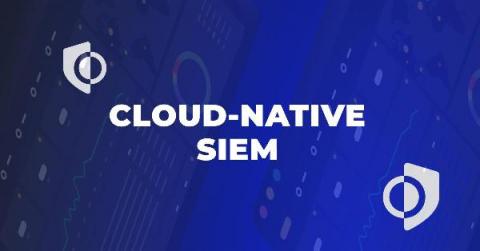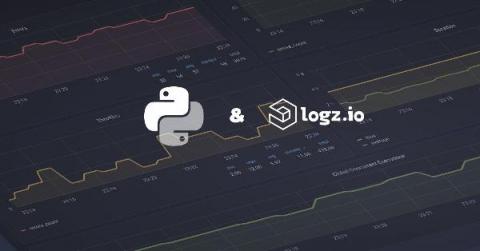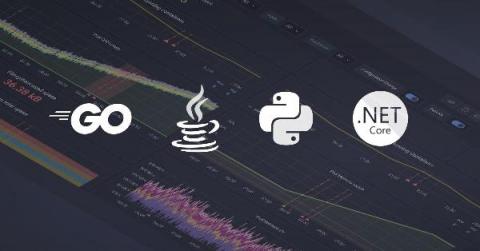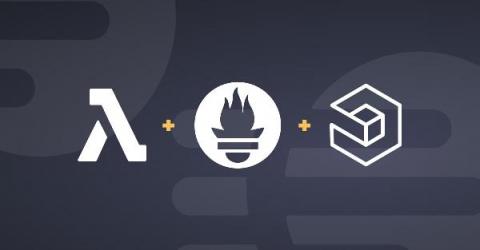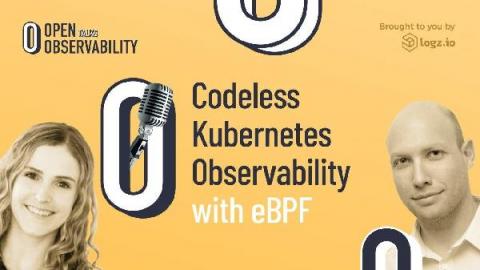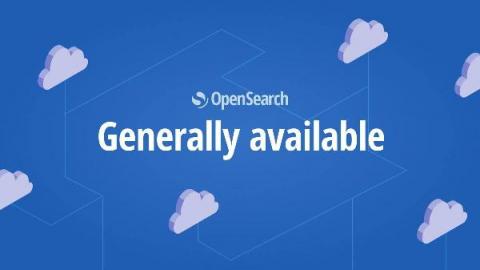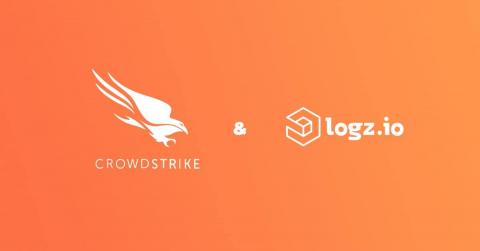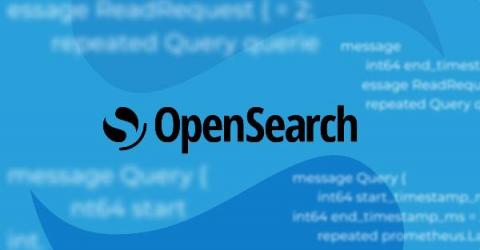Why Cloud-Native SIEM?
The SIEM is a central point where data is collected and correlated, and as we move to consume more cloud services and data sets the SIEM itself must also change in architecture. Architecture change is hard to make for existing products. Calling a product a ‘cloud solution’ is not the same as taking an on-premises product and hosting it for customers. It means building a new SIEM for a new world. There are a lot of reasons users seek new SIEMs.


